Development of Schizophrenia Starts Early
Discovery
Multiple changes in brain cells during the first month of embryonic development may contribute to schizophrenia later in life, according to a recent study by Weill Cornell Medicine investigators.
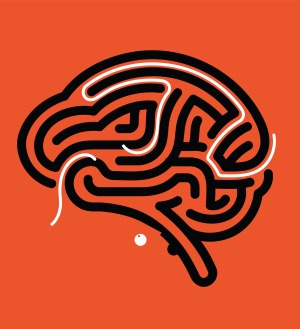
Multiple changes in brain cells during the first month of embryonic development may contribute to schizophrenia later in life, according to a recent study by Weill Cornell Medicine investigators.
The researchers, whose study was published in Molecular Psychiatry, used stem cells collected from patients with schizophrenia and people without the disease to grow three-dimensional “mini-brains” or organoids in the laboratory. By comparing the development of both sets of organoids, they discovered that a reduced expression of two genes in the cells stymies early development and causes a shortage of brain cells in organoids grown from patient stem cells.
Schizophrenia patient samples had reduced expression of two genes essential for brain development.
“This discovery fills an important gap in scientists’ understanding of schizophrenia,” said neuroscientist Dr. Dilek Colak, senior author of the study. Symptoms of schizophrenia typically develop in adulthood, but postmortem studies of the brains of people with the disease found enlarged cavities called ventricles and differences in the cortical layers that likely occurred early in life.
“There were hints schizophrenia started during early development, but we didn’t have proof,”
Dr. Colak said.
By growing organoids from stem cells collected from up to 21 human stem cell donors, the team, led by first author Dr. Michael Notaras, a former NHMRC CJ Martin Fellow in Dr. Colak’s lab, was able to grow brain tissue with each patient’s exact genetic make-up. Then, they used single-cell RNA sequencing to compare gene expression in individual cells in patients’ tissue and in tissue grown from people without schizophrenia.
“We found a common pathology among all the patients with schizophrenia despite each of the patients having distinct disease presentations,” Dr. Colak said.
Schizophrenia patient samples had reduced expression of two genes essential for brain development. If more studies confirm these results, it could lead to the development of targeted therapies that help correct these genetic differences in specific brain cell types.
Dr. Colak and her colleagues are currently using the mini-brains to start to tease out the role of individual cell types and to better understand how genetic factors may interact with the environment to cause schizophrenia. They are focusing on the role of endothelial cells, cells that typically line the blood vessels and release important immune molecules called cytokines. The mini-brains grown from patients with schizophrenia had an excess of early endothelial-related cells, which could lead to an excessive immune response to infection.
“This may explain the link between maternal infections during pregnancy and schizophrenia seen in mouse studies,” Dr. Colak said.
Fall 2022 Front to Back
-
From the Dean

A Message from the Dean
As an academic medical center, our tripartite mission is what drives us forward: we thrive on providing world-class care to our patients, making groundbreaking discoveries that are changing the future of medicine, and teaching the health care leaders of tomorrow. -
Features
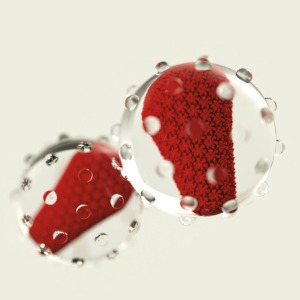
The Search for a Cure
Weill Cornell Medicine scientists aim to liberate those living with HIV by subduing the virus for good. -
Features
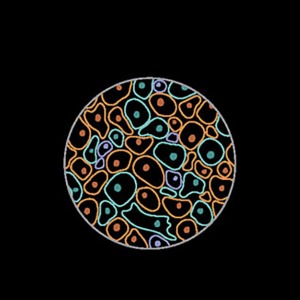
Evasive Action
Could interrupting the evolutionary process of mutating cells hold the key to vanquishing cancer? Researchers led by Dr. Dan Landau are on the case. -
Features

New Frame of Mind
Psychiatrist and neuroscientist Dr. Conor Liston (M.D. ’08, Ph.D.) and his team are poised to upend the way mental health disorders are diagnosed and treated. -
Notable

New Cancer Director
Internationally acclaimed medical oncologist Dr. Jedd Wolchok, whose innovations in immunotherapy revolutionized melanoma treatment, was recently recruited as the Meyer Director of the Sandra and Edward Meyer Cancer Center at Weill Cornell Medicine. -
Notable

3 Questions
Dr. Jay Varma, director of the new Center for Pandemic Prevention and Response, explains why an interdisciplinary approach is critical. -
Notable

Overheard
Weill Cornell Medicine faculty members are leading the conversation about important health issues across the country and around the world. -
Notable

Notable News Briefs
Faculty appointments, honors, awards and more — from around campus and beyond. -
Notable

Dateline
In the global scientific effort to understand vaccine and natural immunity to SARS-CoV-2, Weill Cornell Medicine’s location in Qatar, a country of only a few million people, has been making an outsized contribution. -
Grand Rounds

Chiari Malformation
When is Surgery Necessary? -
Grand Rounds

3 Questions
Dr. Susan Loeb-Zeitlin, who worked with a multidisciplinary team to launch the new Women’s Midlife Program, shares insights about making menopause manageable. -
Grand Rounds

Social Impediments to Health
The murder of George Floyd and the resulting national reckoning on race, along with the disproportionate impact of COVID-19 on communities of color, galvanized creation of the Anti-Racism Curriculum Committee at Weill Cornell Medicine. -
Grand Rounds

Grand Rounds News Briefs
The latest on teaching, learning and patient-centered care. -
Discovery

COVID-19 and Diabetes
Basic science and clinical investigations converge to offer answers. -
Discovery
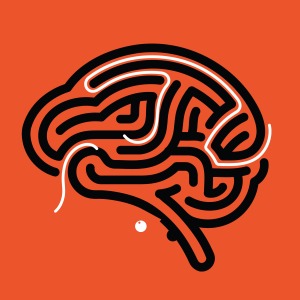
Development of Schizophrenia
Multiple changes in brain cells during the first month of embryonic development may contribute to schizophrenia later in life. -
Discovery

Findings
The latest advances in faculty research, published in the world’s leading journals. -
Alumni
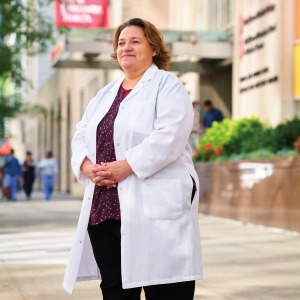
Profiles
From taking the lead in newborn medicine to forging critical connections to move research from the bench to the bedside, our alumni are making an impact. -
Alumni

Notes
What’s new with you?
Keep your classmates up to date on all your latest achievements with an Alumni Note. -
Alumni

In Memoriam
Marking the passing of our faculty and alumni. -
Alumni

Moments
Marking celebratory events in the lives of our students, including Match Day, the White Coat Ceremony and Graduation. -
Second Opinion

A New Lens
What’s one way that medical education must change to better address health inequities? -
Exchange

Pivot Points
Two women leaders at Weill Cornell Medicine whose professional paths have connected discuss the power of mentorship — for themselves and other women in academic medicine. -
Muse

Two Forms of Truth
Dr. Laura Kolbe, whose poetry has garnered notable honors, talks candidly about how her writing helps her build a bridge to her work as a clinician. -
Spotlight

Building Connections
Dr. Kathleen Foley (M.D. ’69) has been bringing people together throughout her expansive career as a specialist in pain management and palliative care for cancer patients.